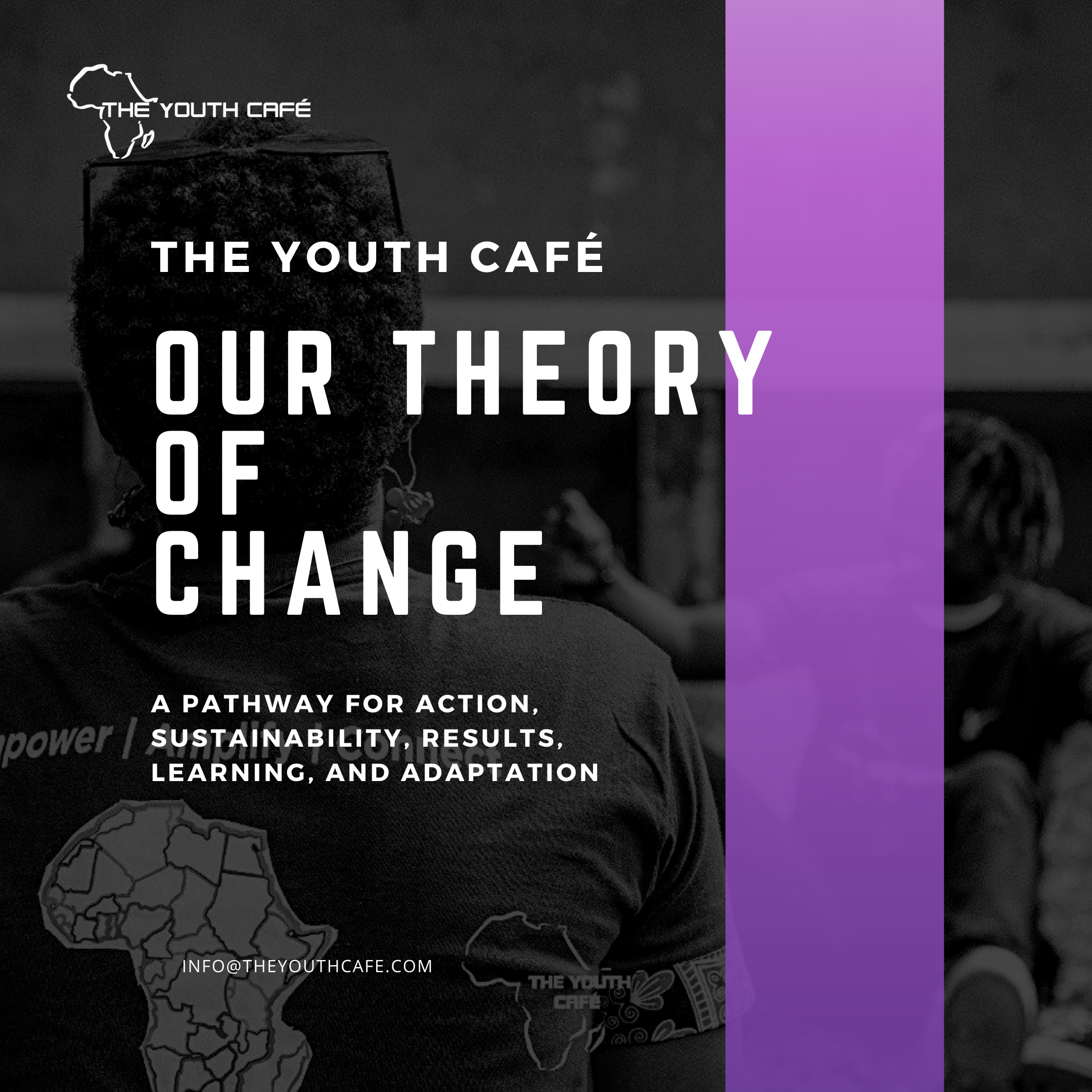Much has changed since The Youth Café was founded nearly a decade ago. The Youth Café was launched in 2012 by a group of bright and motivated young people who were honored to be selected to give input at the United Nations High-Level Panel of Eminent Persons on the Post 2015 Agenda. Together they devised the model that The Youth Café utilizes today. This partnership is a unique, pioneering collaboration in the field of international development. Bolstered by grassroots knowledge, The Youth Café is dedicated to reducing youth deprivation and socio-economic, and political empowerment.
Today, we are actively working on a number of cross-cutting issues. Our eight priority areas are: 1)Culture, Arts and Sports; 2) Governance and Political Inclusion: Accountability; 3) Governance and Political Inclusion: Remittances; 4) Peace and Security 5) Education and Vocational Skills; 6) Business, Job Creation and Entrepreneurship; 7) Universal Health Coverage; and 8) Environmental Preservation and Climate Change. By using Thematic Working Groups methodology to power our goals, these themes provide an organizing structure that underpins the design, development, implementation, and evaluation of our initiatives.
We, therefore, welcome the opportunity to develop and refine our Theory of Change as part of our organizational Performance Improvement within Youth Excel, a 5-year USAID global flagship for youth development program centered on Implementation Research. Our intended outcome is to build a practical theory to underpin our ambitious youth-led community transformation efforts. This Theory of Change is based on organizational performance improvement as an approach to build the capacity of The Youth Café which focuses on achieving our strategies. We recognize that high performing youth-led and youth-serving organizations, like we desire to be, need to be exceptional in four domains identified by our Performance Improvement framework: Efficiency, Effectiveness, Relevancy, and Journey to Self-Reliance (J2SR).
Since our founding, we have learned that the Youth empowerment we seek to achieve takes time, and changes are not always easily recognizable as they occur. Communicating to our partners exactly what we are trying to accomplish and how we will know we are making progress can also be difficult. These challenges are compounded when stakeholders in youth empowerment efforts have different viewpoints on what differences they are trying to make and which methods and strategies to use.
Problems afflicting young people in Africa today are easier to recognize. Typically, they are pressing, cannot be ignored and the dream of eradicating them fuels the energy and passion within The Youth Café to make a difference.
How can our interventions or programs actually lead to lasting changes? What type of evidence indicates progress? Which strategies are most effective to achieve the desired results?
These are the reasons why The Youth Café needs a roadmap for change, now more than ever. Instead of bridges, avenues, and freeways, this map illustrates destinations of progress and the routes to travel on the way to achieving this progress. The map also provides commentary about assumptions, such as the final destination, the context for the map, the processes to engage in during the journey, and the belief system that underlies the importance of traveling in a particular way. This map is our "theory of change."
“If you don't know where you are going, any road will take you there."- Alice in the wonderland
In other words, without a theory of change, The Youth Café is vulnerable to wandering aimlessly. Now, The Youth Café and its partners have too much at stake to be aimless, amorphous, or random in their actions. This theory of change is a practical and essential part of a successful transformation effort we strive for.
Do you have any questions or comments? Contact us or leave a feedback.


